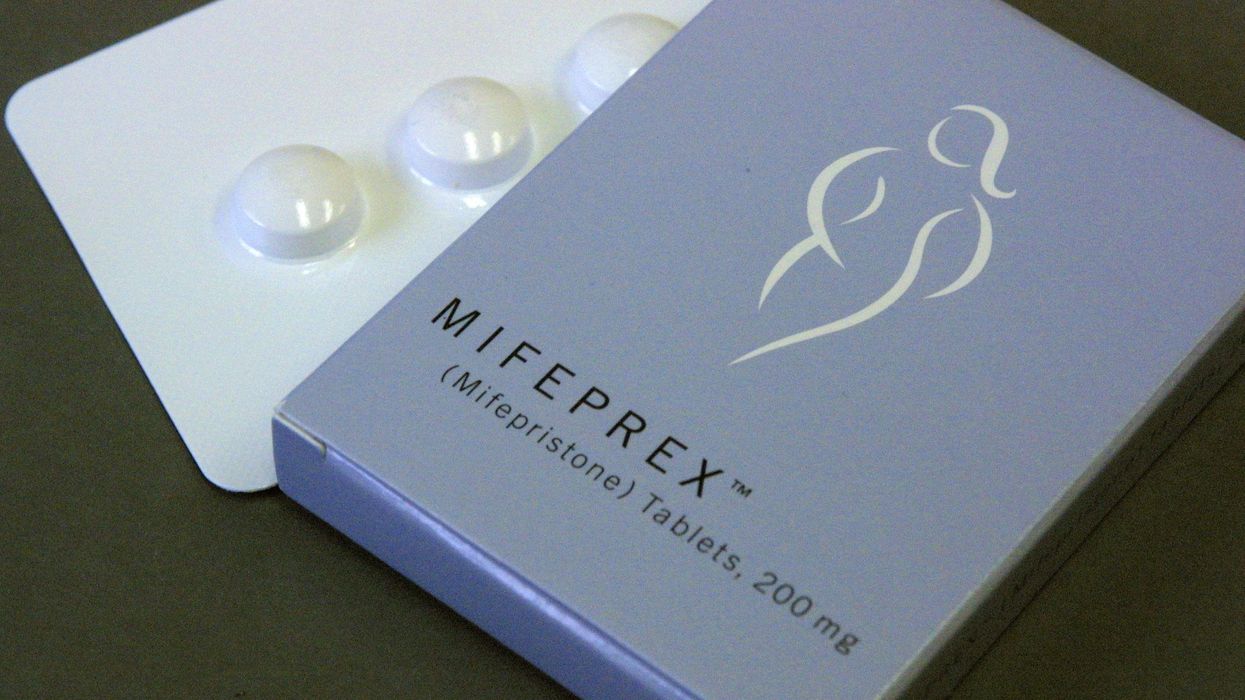16 AGs Push Congress to Pass Federal Ban on Price Gouging
"During and after a crisis, it is unfair—and harmful to our economy—for companies to reap higher profits for selling goods and services that families need to survive."
The attorneys general of 15 states and the District of Columbia on Wednesday wrote to the top Democrats and Republicans in Congress to advocate for a federal prohibition on price gouging.
"Businesses should never be able to hike prices during an emergency just to increase their profits," said New York Attorney General Letitia James, who led the letter. "When companies take advantage of major disruptions and raise prices of food and supplies that New Yorkers rely on, my office holds them accountable, getting people their money back and protecting their wallets."
"Our federal government should have the same power to protect Americans when disaster strikes and stop price gouging at the national level that threatens both hardworking families and small businesses," asserted James, a Democrat.
The letter points out that "over 40 states across the country make price gouging unlawful, reflecting the widespread national consensus that exists, across ideological and regional differences, that in the immediate run-up to and aftermath of a crisis, it is unfair—and harmful to our economy long-term—to reap higher profits for selling goods and services people need to survive."
"As crises, whether natural or human in origin, become more common... now is the time to work constructively in a bipartisan fashion to create federal price gouging protections."
"Despite that consensus, there is currently no federal price gouging prohibition—and individual states face heightened challenges when protecting consumers from price gouging when so many product supply chains are nationwide," it continues. "A federal price gouging prohibition would provide critical partnership to state enforcement and protect consumers and small businesses alike."
The letter—addressed to House Speaker Mike Johnson (R-La.) and Minority Leader Hakeem Jeffries (D-N.Y.) as well as Senate Majority Leader Chuck Schumer (D-N.Y.) and Minority Leader Mitch McConnell (R-Ky.)—lays out how price gouging bans address market failures and strengthen the economy, explaining that "they act like 'circuit breakers' in a stock market: They put a pause on panic-driven price changes and give everyone a chance to make sure they are making the right pricing choices for the long-term."
Price gouging prohibitions also "prevent inefficient pricing overreactions in the heat of a crisis" and "help to prevent hoarding," the letter adds. Further, they "can restrain inefficiently high prices for products where there is very little competition."
"A federal price gouging prohibition that complemented state prohibitions would allow federal enforcement agencies, such as the Federal Trade Commission, to identify and restrain unjustified and irrational price increases throughout the entire supply chain, unconstrained by the complications of state-by-state enforcement," the attorneys general wrote. "Such a prohibition should not preempt state laws, but complement and strengthen them by focusing federal enforcement on price gouging that cannot practicably be stopped by a single state."
"Our states provide many different models for how such a price gouging statute might be framed," the coalition noted. "But as crises, whether natural or human in origin, become more common and the cost of living continues to be too high for working families, we believe now is the time to work constructively in a bipartisan fashion to create federal price gouging protections to complement price gouging protections that already exist in almost every state."
In addition to the D.C. attorney general, James was joined by the AGs in Connecticut, Delaware, Hawaii, Illinois, Maine, Maryland, Massachusetts, Michigan, Oregon, New Jersey, New Mexico, New York, Pennsylvania, and Vermont.
"During and after a crisis, it is unfair—and harmful to our economy—for companies to reap higher profits for selling goods and services that families need to survive," said California Attorney General Rob Bonta. "That is why California's price gouging law protects Californians during and after wildfires, severe weather storms, and other emergencies."
"A federal price gouging prohibition that complements state law would build on successful partnerships between states and the federal government to protect consumers by making it easier to enforce price gouging prohibitions nationally, up the supply chain," the Democrat added. "This would benefit California consumers and small businesses who currently bear the brunt of their suppliers' price setting."
The letter comes amid a fossil fuel-driven climate emergency featuring extreme weather that is increasingly impacting U.S. communities and less than a week away from Election Day, when Americans will choose the next Congress and President. In the race for the White House, former Republican President Donald Trump faces Democratic Vice President Kamala Harris. In August, the Democrat proposed a federal ban on price gouging by food supplies and grocery stores.
"I still remember our mother sitting at that yellow formica table late at night, cup of tea in hand, a pile of bills in front of her, trying to make it all work. And I've heard from so many of you who are facing even greater financial pressures," Harris said in a Tuesday campaign speech. "I will enact the first-ever federal ban on price gouging on groceries, cap the price of insulin, and limit out-of-pocket prescription costs for all Americans. I will fight to make sure that hardworking Americans can actually afford a place to live."


